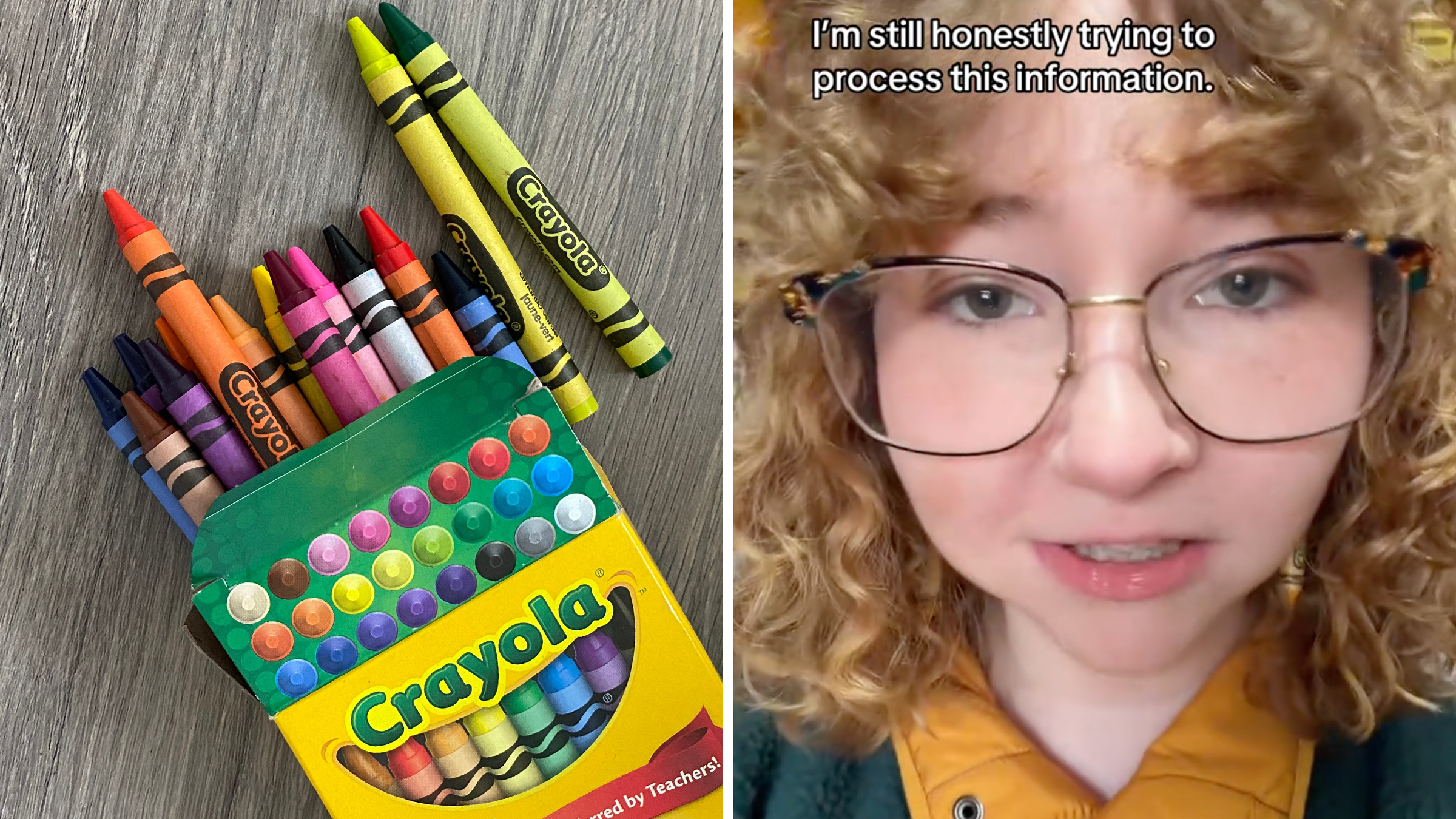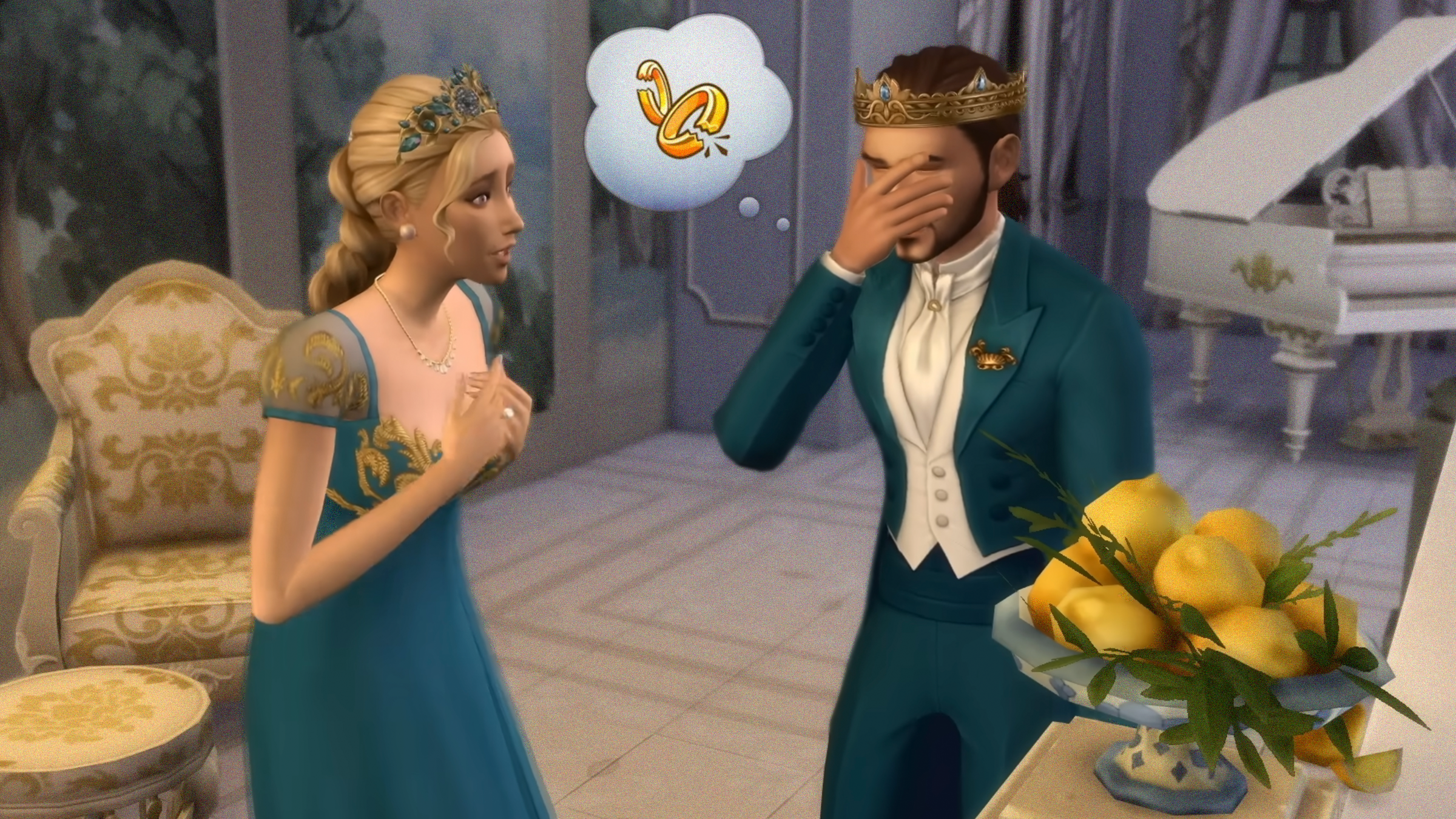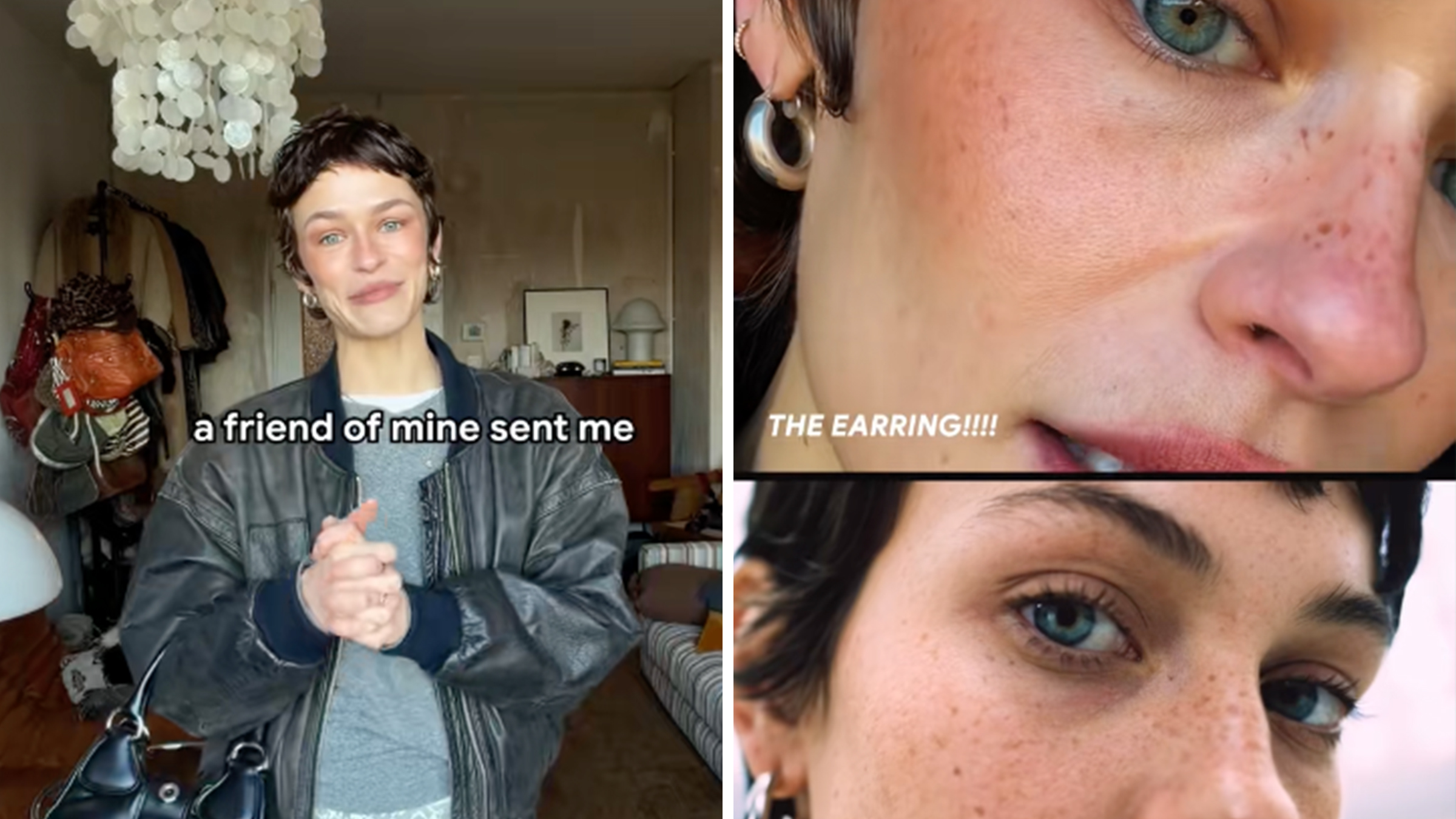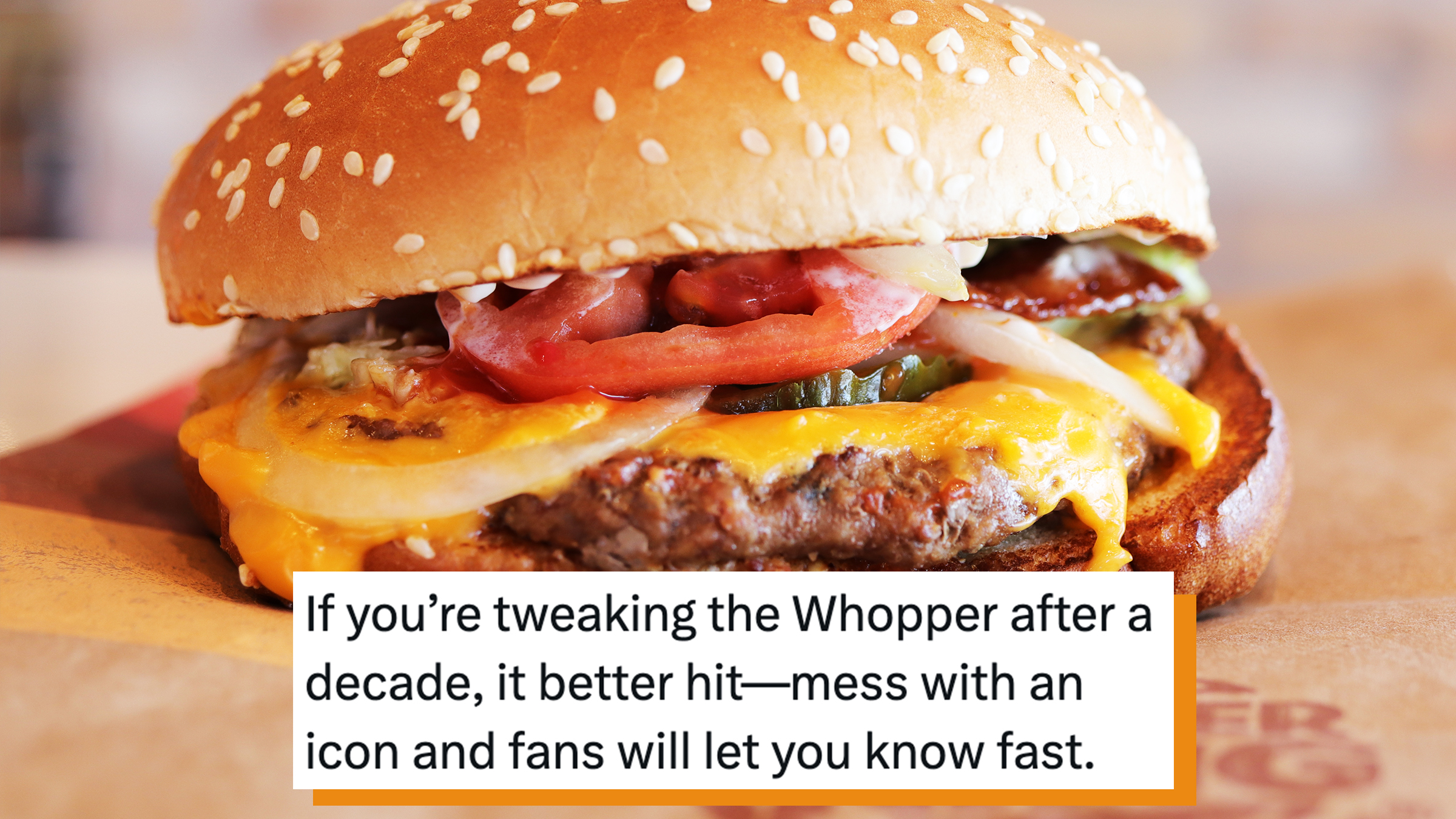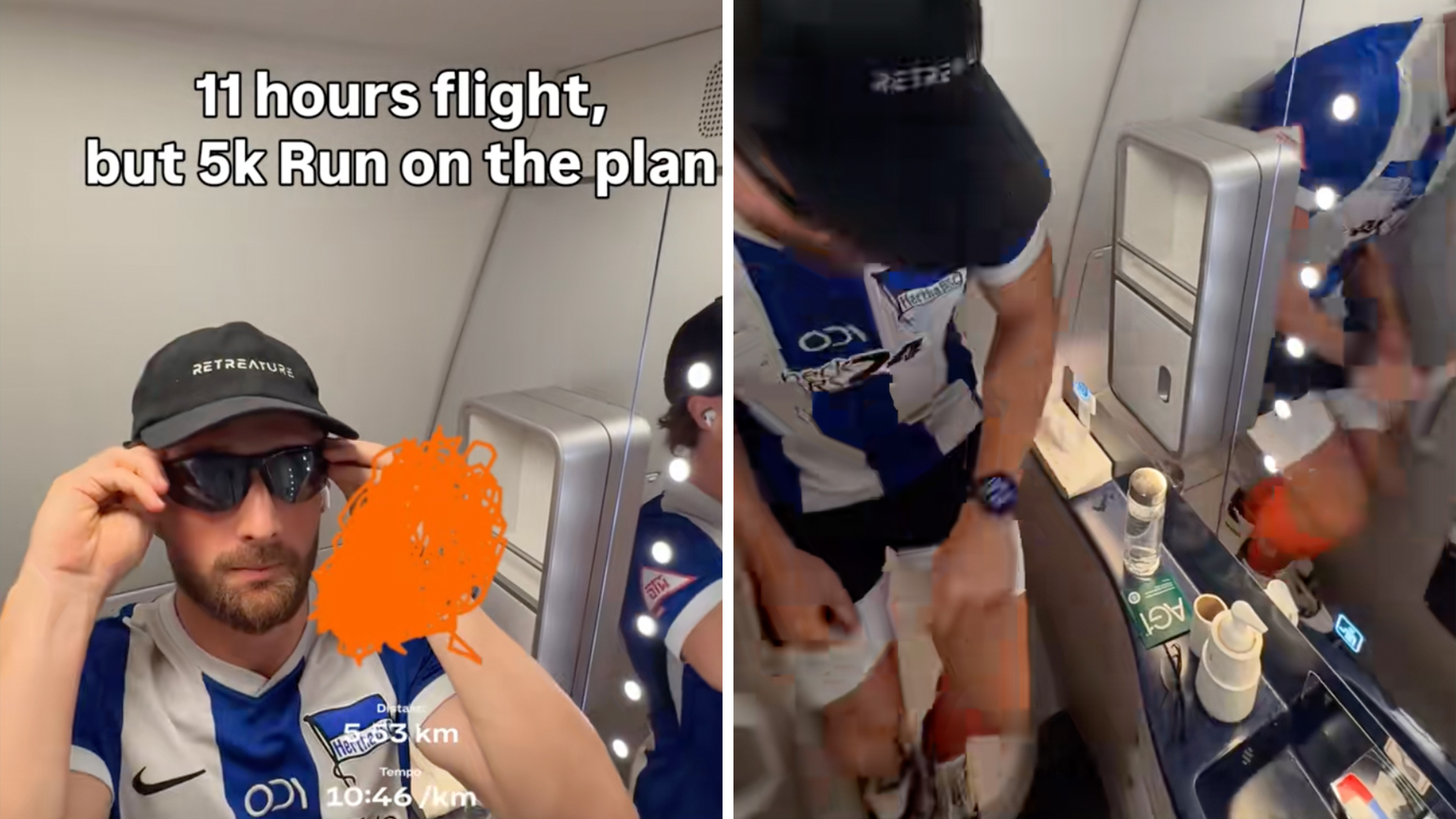World-renowned DJ and TikTok user Tiny (@thatlesbiandj) and her Mitsubishi Outlander key fob appear to have broken all laws of statistical probability. And if she were a dishonest person, it appears she could’ve taken a free ride in an Outlander that didn’t belong to her.
In a TikTok clip that’s been viewed more than 700,000 times, Tiny shows us that not only is there an Outlander parked next to hers that is identical, but both vehicles are locking and unlocking when she presses her own Mitsubishi Outlander key fob buttons.
“Well, this is a problem. Big, big problem,” she said, clearly exasperated at the randomness of what’s happening in front of her.
Introducing rolling code
Auto tech enthusiasts and hackers of any basic skill level will tell us that we’re watching one of the more improbable instances of “rolling code” technology that’s been in place for decades to prevent keyless fob signals from being grabbed out of the air and cloned to enable theft.
Rolling code technology creates a kind of ever-changing secret handshake/password to engage with a vehicle. Your car and key fob share a super-secret algorithm that keeps track of the same rolling code sequence. When you press the button, the fob sends the next code, and your car matches it to its list. If the code fits, the door unlocks or the engine starts.
'Billions-to-one shot'
At this point it’s probably worth noting that Tiny is worrying for nothing since her Mitsubishi Outlander key fob and the vehicle are basically guaranteed to still work together properly. The one-time overlap with another Outlander parked next to hers appears to be a one-in-many-billions kind of scenario.
Here’s why, according to Reddit users on r/CarHacking:
- Unique Pairing: Each key fob and car are paired with a unique cryptographic key that defines their rolling code algorithm. This key is distinct for every car-fob pair, making it virtually impossible for one fob’s rolling code to match another car’s expected code.
- Large Code Space: Rolling code systems use a vast range of possible codes, often 32-bit or more, which provides billions of potential code combinations. The probability of two fobs generating the same code at the same time is astronomically low.
- Synchronization: Even if the same rolling code were accidentally generated, the car only accepts codes that are in sync with its expected sequence. A different fob would not match the synchronization of the car’s internal counter.
Statistically, this makes the odds so small that they approach zero.
As difficult as it is to crack rolling code technology, there’s still plenty of people happy to try. And also some fairly easy tutorials to follow once you get hold of the right hardware.
And we've covered the tricks auto service experts use to bypass keyless entry systems that are malfunctioning.
Fob buttons bring laughs
Commenters on the clip expressed equal parts amazement and amusement at Tiny’s odd bit of happenstance, with one joking, “Some people have spare keys for their car, others have spare cars for their key.
Another said, “I’d take the newer one home lol,” to which Tiny responded; “Would be lying if I said I didn’t cross my mind. But my mother didn’t raise no thief.”
Others made somewhat specious claims that they’d seen similar things happen, sometimes more than once.
"My dad once accidentally unlocked like three trucks at once trying to find his,” one of them wrote.
@thatlesbiandj Apparently I have better odds of winning the lottery than this happening… #glitch #matrix #car #fyp
♬ original sound - TINY
The Daily Dot reached out to Tiny via direct message, and to Mitsubishi via email.
Internet culture is chaotic—but we’ll break it down for you in one daily email. Sign up for the Daily Dot’s web_crawlr newsletter. You’ll get the best (and worst) of the internet straight into your inbox.

